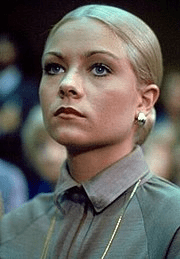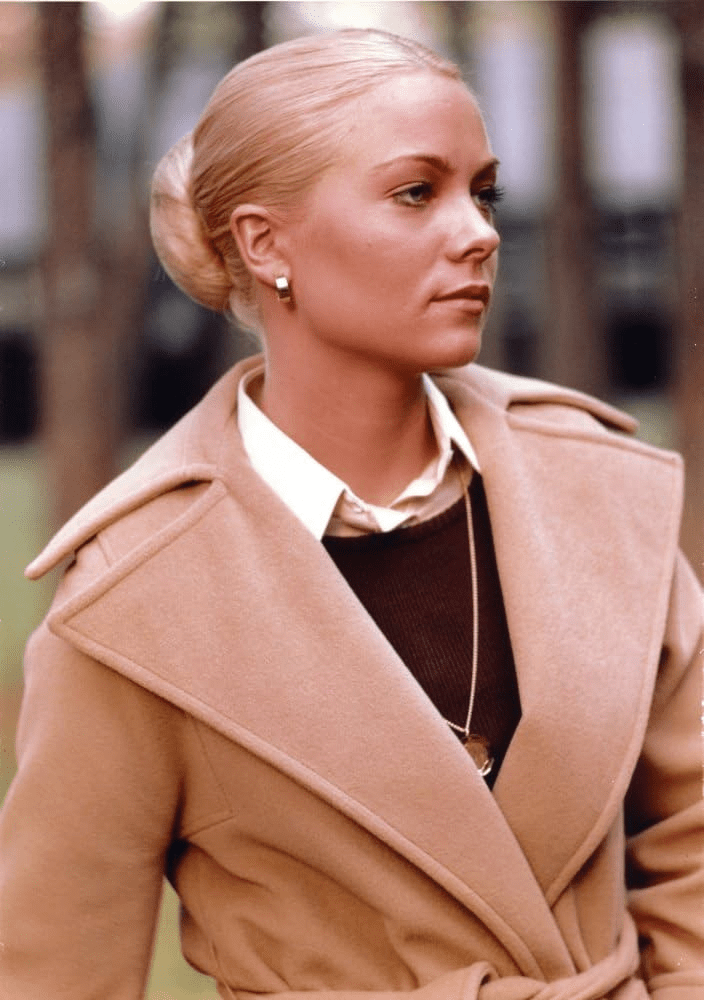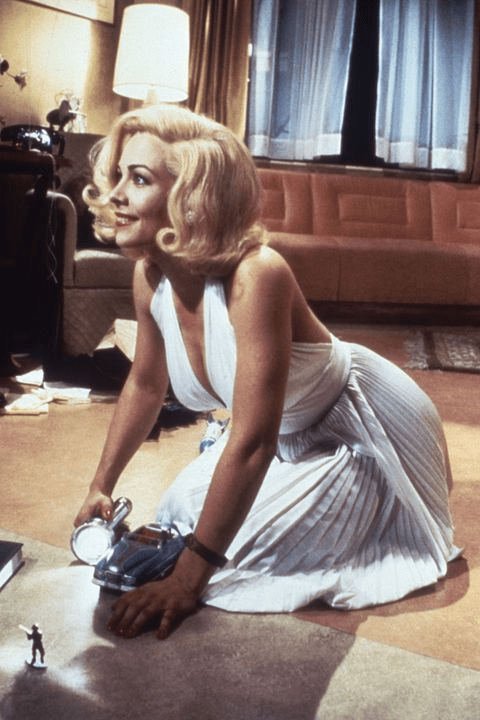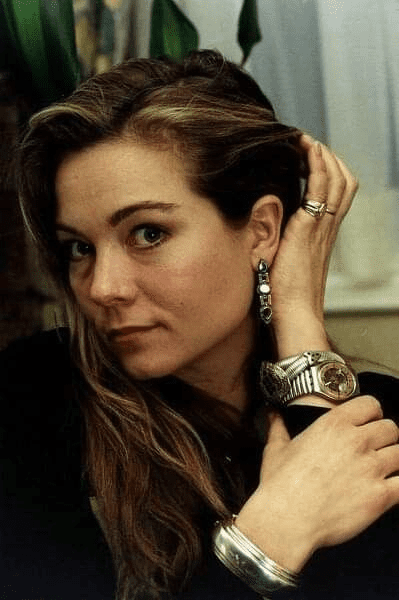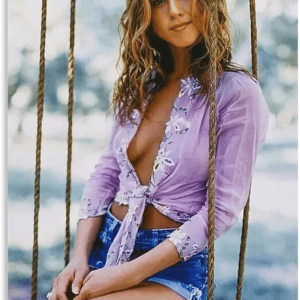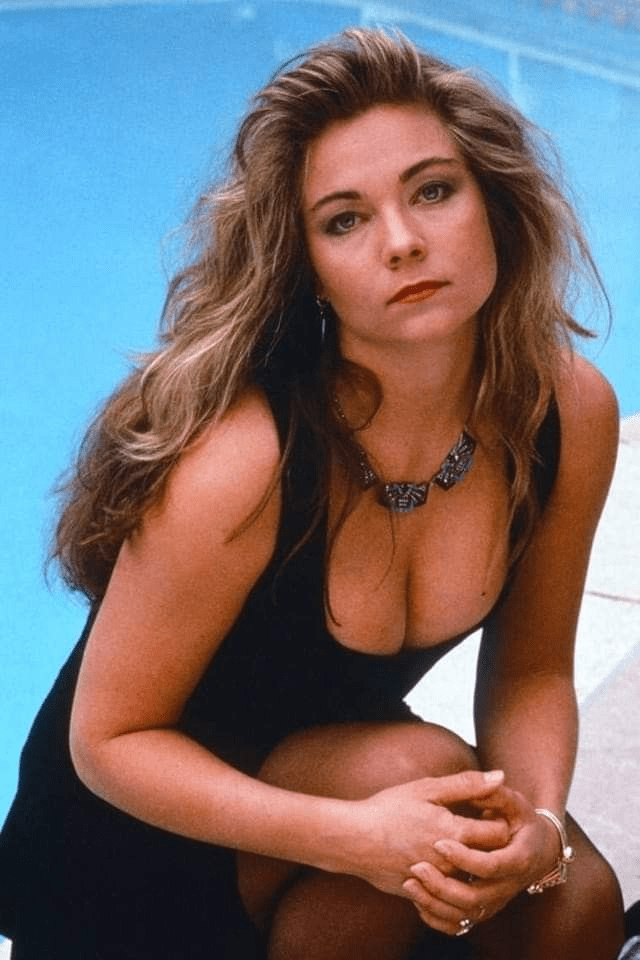
Early Life: A Journey From Modesty to the Silver Screen
Theresa Russell, born Theresa Lynn Paup on March 20, 1957, in San Diego, California, was raised in a working-class environment in Burbank. Her upbringing was humble, and her early life was marked by financial difficulties after her parents separated. Despite the challenges, Theresa’s ambition and creative spirit shined early. She dropped out of high school in her teens but quickly found a path that would change her life forever.
Theresa was accepted into the prestigious Lee Strasberg Institute in Los Angeles, where she studied method acting. It was there that she laid the foundation for a career that would become synonymous with daring roles, complex characters, and unfiltered performances. Her early immersion in character-driven training distinguished her from many peers and gave her an edge in the competitive Hollywood scene.
Video: 13 Sexy Photos of Theresa Russell
Breakthrough Role: Opposite Dustin Hoffman in “Straight Time”
Theresa Russell’s breakthrough came at just 19 when she starred opposite Dustin Hoffman in “Straight Time” (1978). Her role as Jenny Mercer introduced audiences to a fresh and fearless face who could hold her own alongside the biggest names in Hollywood. The film’s gritty realism and unvarnished portrayal of ex-con life offered Russell the chance to showcase her raw talent in a role that demanded emotional depth and subtlety.
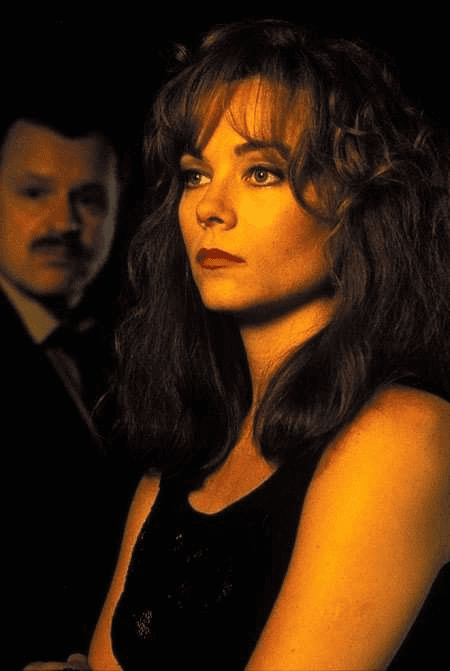
From this early success, it was evident that Russell would not be confined to formulaic roles. Instead, she carved out a niche as an actress who gravitated toward psychologically intense and often controversial characters.
A Bold Partnership with Nicolas Roeg
One of the most defining collaborations of Russell’s career was with British director Nicolas Roeg, whom she married in 1982. Together, they crafted a series of unforgettable films that blurred the line between narrative cinema and visual poetry. Roeg saw in Russell not only a gifted actress but a vessel for his most daring visions.
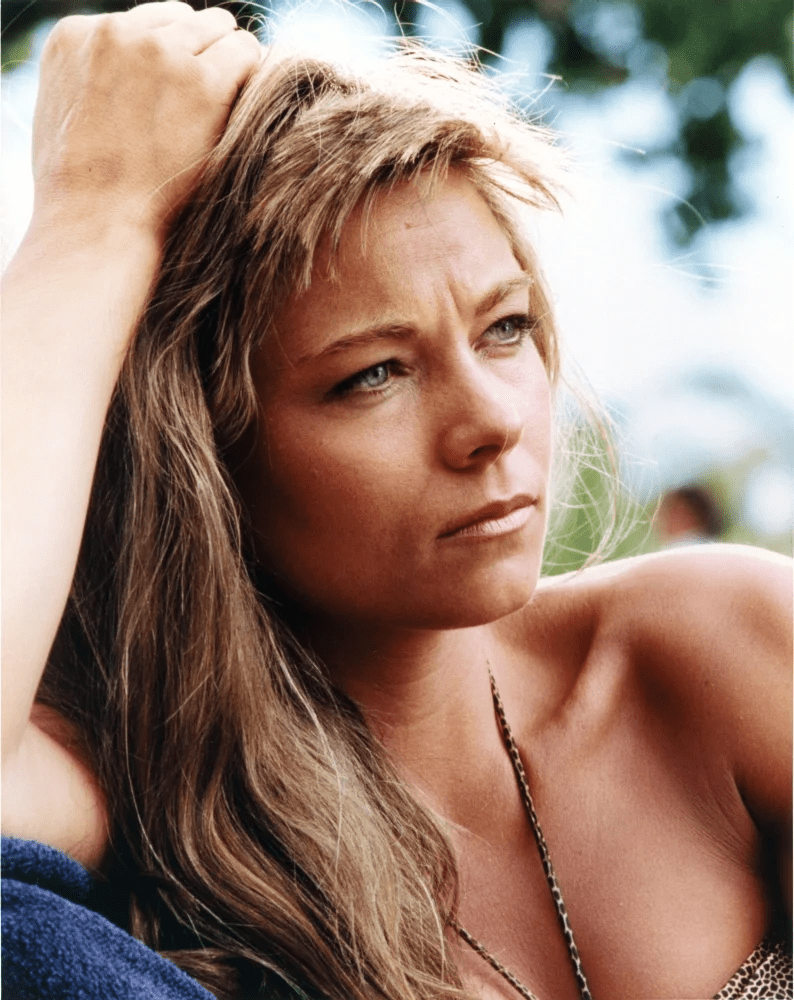
Their work together included:
- “Bad Timing” (1980): A psychologically complex thriller where Russell’s portrayal of Milena Flaherty earned widespread critical acclaim. Her character was fearless, deeply vulnerable, and unapologetically complicated.
- “Eureka” (1983): A metaphysical mystery in which she held her own opposite screen legends Gene Hackman and Rutger Hauer.
- “Insignificance” (1985): A bold and intellectually layered film where Russell portrayed a Marilyn Monroe-like character with brilliant nuance.
- “Track 29” (1988): A surreal psychological drama that further showcased her versatility.
Through these films, Russell redefined what it meant to be a leading lady in the 1980s—not a damsel, not an archetype, but a fully realized person with desires, flaws, and fire.
Mastering the Art of Independent Cinema
While other actresses of her era often sought mainstream appeal, Russell leaned into the independent film scene, embracing roles that studios might shy away from. Her choices often centered on complex female psychology, stories that explored power dynamics, identity, and emotional trauma.
One such film was “Whore” (1991), directed by Ken Russell (no relation). The movie was a bold, raw, and at times uncomfortable look into the life of a woman on the margins of society. While it stirred controversy, Russell’s performance was lauded for its courage and authenticity.
Another key performance was in “Kafka” (1991), opposite Jeremy Irons, directed by Steven Soderbergh. Once again, she proved her dedication to working with visionary filmmakers on intellectually ambitious projects.
Television and Mainstream Appearances
Though primarily known for her work in cinema, Russell occasionally stepped into the world of television. She brought the same intensity and commitment to smaller screens, appearing in TV movies and dramas that allowed her to experiment with different types of storytelling.

In the late 1990s and early 2000s, she made notable appearances in “Cold Heaven,” “Black Widow,” and “Wild Things”, where she played figures of mystery, power, and vulnerability. Even in more commercial settings, Russell retained her sense of artistic integrity.
A Unique Acting Style
Theresa Russell’s acting is often described as fearless, grounded, and emotionally transparent. She never shied away from roles that required physical and emotional exposure, often portraying characters that were morally ambiguous or caught in ethical dilemmas. Critics frequently applauded her ability to inhabit characters who were on the edge—of sanity, society, or survival.
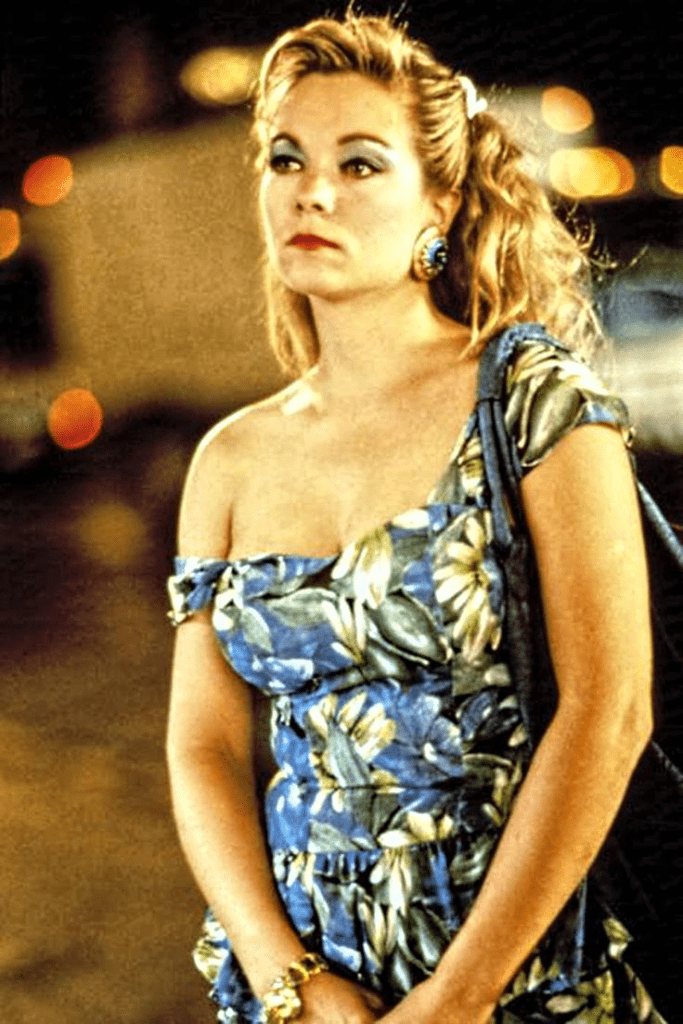
Rather than adopting the traditional Hollywood model of career progression, she built a resume that was daring, rich with subtext, and iconoclastic. She did not chase fame; she chased substance.
Life Beyond the Spotlight
Theresa’s personal life was closely tied to her creative journey. Her marriage to Nicolas Roeg was not only romantic but deeply artistic. Together they had a son, Max Roeg, who would later pursue a career in filmmaking himself. The couple remained married until Roeg’s passing in 2018, marking a long-standing union rare in the entertainment industry.
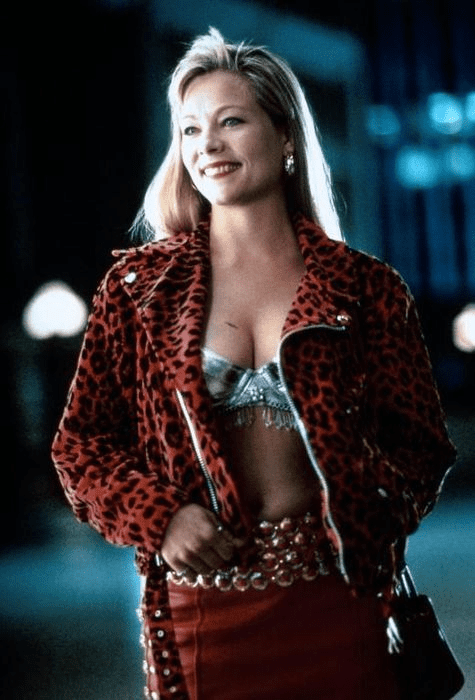
In recent years, Russell has chosen to live a quieter life, mostly stepping away from the industry that once defined her. While she hasn’t taken on major roles in recent films or television, her body of work continues to inspire actors and filmmakers who seek authenticity over commercialism.
Legacy: An Actress Who Played by Her Own Rules
Theresa Russell’s legacy is that of an actress who refused to be boxed in. She brought truth to roles that others may have feared to touch and worked with some of the most innovative directors of her generation. Her presence in film history is marked by a commitment to storytelling, even when it meant pushing boundaries or embracing discomfort.
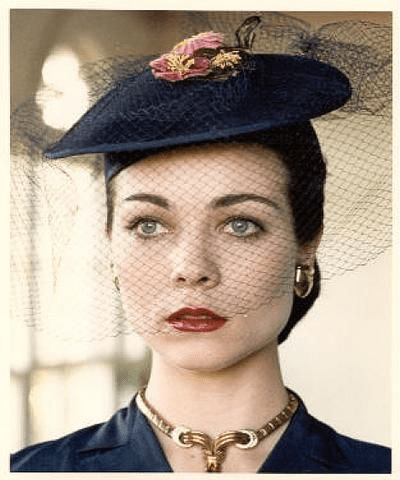
She remains a symbol of artistic integrity and personal strength, remembered for both the beauty of her performances and the courage behind them.
Where She Stands Today
As of now, Theresa Russell leads a life largely out of the public eye, but she continues to be revered within artistic and cinematic circles. Retrospectives of her work are frequently included in film festivals, and her performances are studied in acting schools for their rawness and depth.
While she may not be a household name in the traditional sense, those who know cinema understand the weight her name carries. Theresa Russell is not just an actress—she is an artist, and her career remains a blueprint for those who prioritize creative authenticity over commercial popularity.
Here are some great photos of her:
